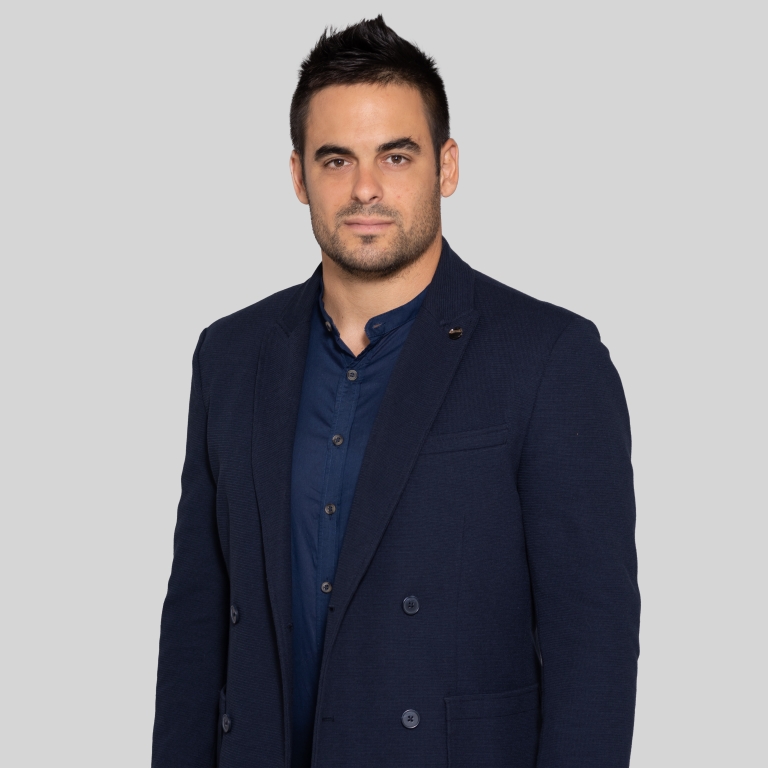Ákos Fülöp is a member of the MCC-Mindset Psychology School and the Head of the Center for Sport and Performance. His passion for sports began in childhood, with a significant portion of his life devoted to competitive athletics as a member of the national kayak team. Kayaking remained a central part of his life until the Rio Olympics, but in 2016, recognizing that Olympic participation was unlikely, he redirected his focus toward pursuing a civilian career.
His academic journey began at the University of Physical Education, where between 2010 and 2017, he completed a master’s degree in recreation and health promotion, while also pursuing studies in psychology. He started his psychology education at the University of Debrecen and later graduated from both ELTE and the University of Physical Education’s Sport Psychology program. After concluding his athletic career, he briefly entered the Hungarian fitness industry, where he managed gyms and organized events.
Today, alongside his role at MCC, he practices as an applied sports psychologist, primarily working with elite athletes—two of whom competed in the Tokyo Olympics. Sports continue to play a major role in his life, and after moving on from individual sports, he now competes in American football, currently as a member of the Hungarian National American Football Team.
